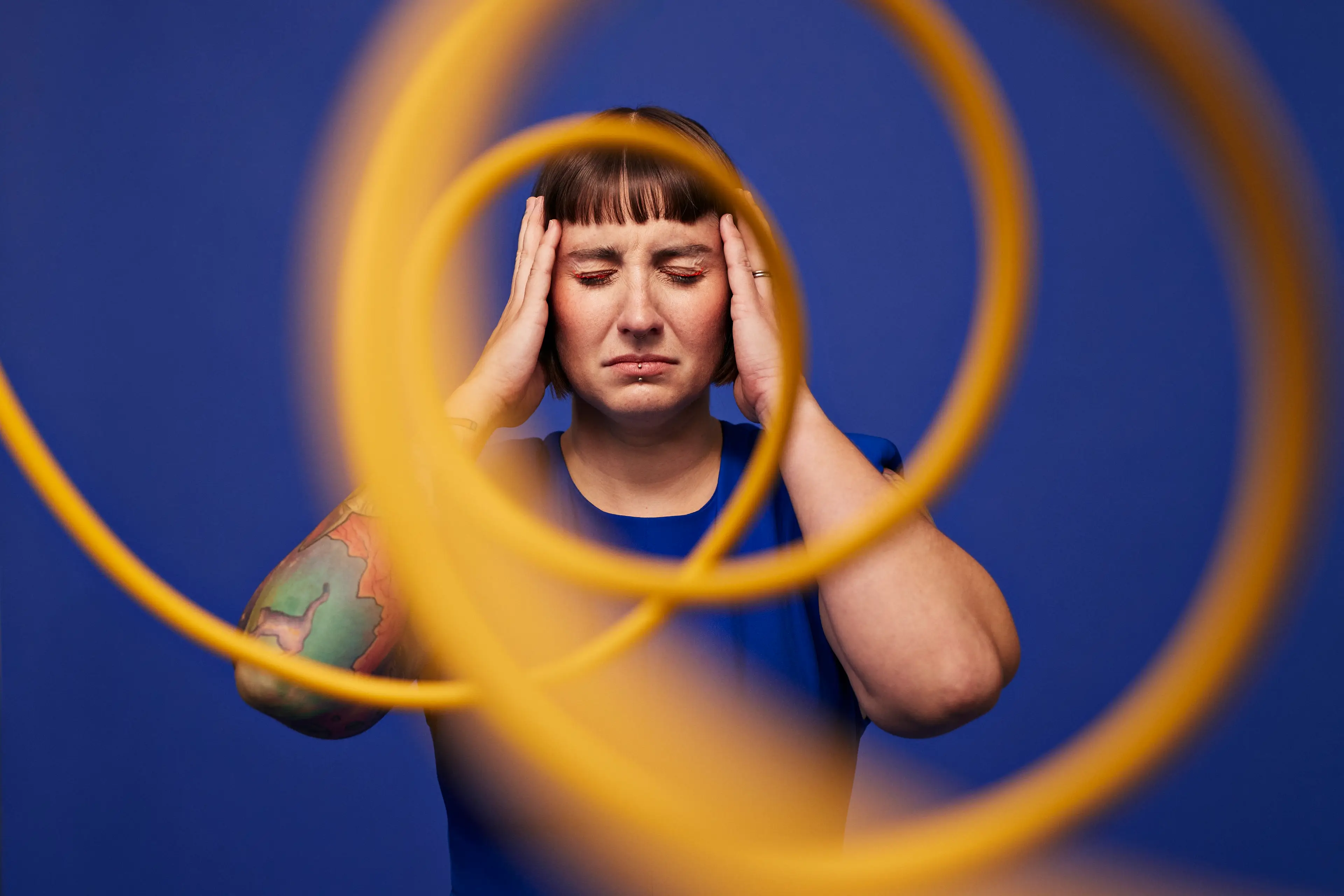
A neurodiverse woman has described the harm caused by people describing it as a 'superpower'.
Conversations around mental health have become a lot more open in recent years, with both people who live with conditions or who know someone who does taking to social media to share their experiences, tips, and tricks.
A shared community can be a hugely important thing for people with a long-term condition.
Even just knowing that other people have this condition is enough to show you that, as much as it might sometimes feel that way, you are not alone.
Advert
While this is important, journalist Eleanor Noyce has highlighted how this can also sometimes lead to conditions being misrepresented or trivialized to the point that their full severity is not properly understood, especially as more people seek a diagnosis.

Noyce wrote in the Metro about her experiences living with ADHD - a condition she described as 'debilitating', which has drawn a huge amount of attention as adult diagnoses have grown over the past few years.
ADHD is a condition which affects a person's concentration and memory and can lead to dysfunction in their day-to-day lives.
According to the University of Utah, there's been an increase in adult ADHD diagnoses, rising from 6.1 per cent to 10.2 per cent over the last two decades.
Eleanor shared that she was diagnosed with the condition in her early 20s, and while she appreciated the increased dialogue about it, there was one aspect which has led to it not being properly understood.
This is the trope of considering ADHD to be a 'superpower'.
Considering a condition to be an 'asset' is not a new phenomenon with mental health conditions or neurodivergence.
For example, the long-standing connection between the art of Van Gogh and his severe depression resulted in the horrible question of whether the creative genius is 'worth the suffering' - to be clear, the answer is 'no'.

Eleanor explained that the 'superpower' trope of ADHD is a problem because, while people may have good intentions in trying to put a positive spin on a bad situation, the fact is that many people's lives have been made a lot harder, even upended and destroyed, by ADHD.
It might be that someone is unable to hold down a job, has substance abuse issues, strained relationships, or financial problems because of ADHD.
She wrote: "When I’m crying on my bedroom floor because my room’s a mess and I physically can’t tidy it up; I’ve forgotten to pay a bill, or my mind has been racing so much that sleep has been replaced by insomnia, these positives don’t always come to me.
"And in these low moments, I certainly don’t feel as though I have a superpower."
Eleanor emphasised that everyone's experiences are, of course, different.
"Calling ADHD a superpower might sound positive, but it glosses over the reality that living with it can be genuinely debilitating. It suggests we can turn our struggles into assets if we just try hard enough," she said.
Topics: News, Mental Health, World News, Health
